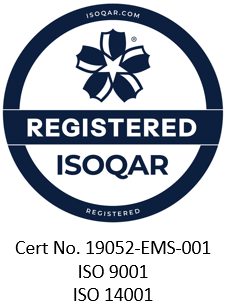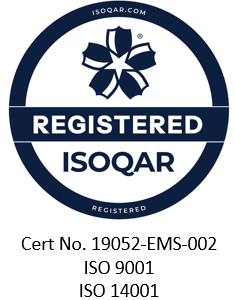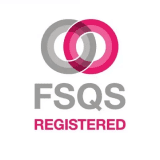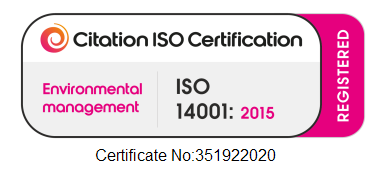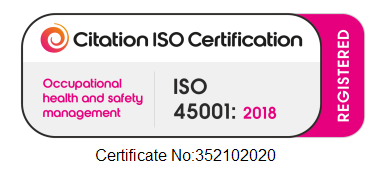Why non-traditional routes into FM can be the most rewarding.
Some thoughts from Lucy Hayes on the recruitment conundrum facing FM Reproduced from an original article in the October edition of FMJ magazine 2025 When…
Read More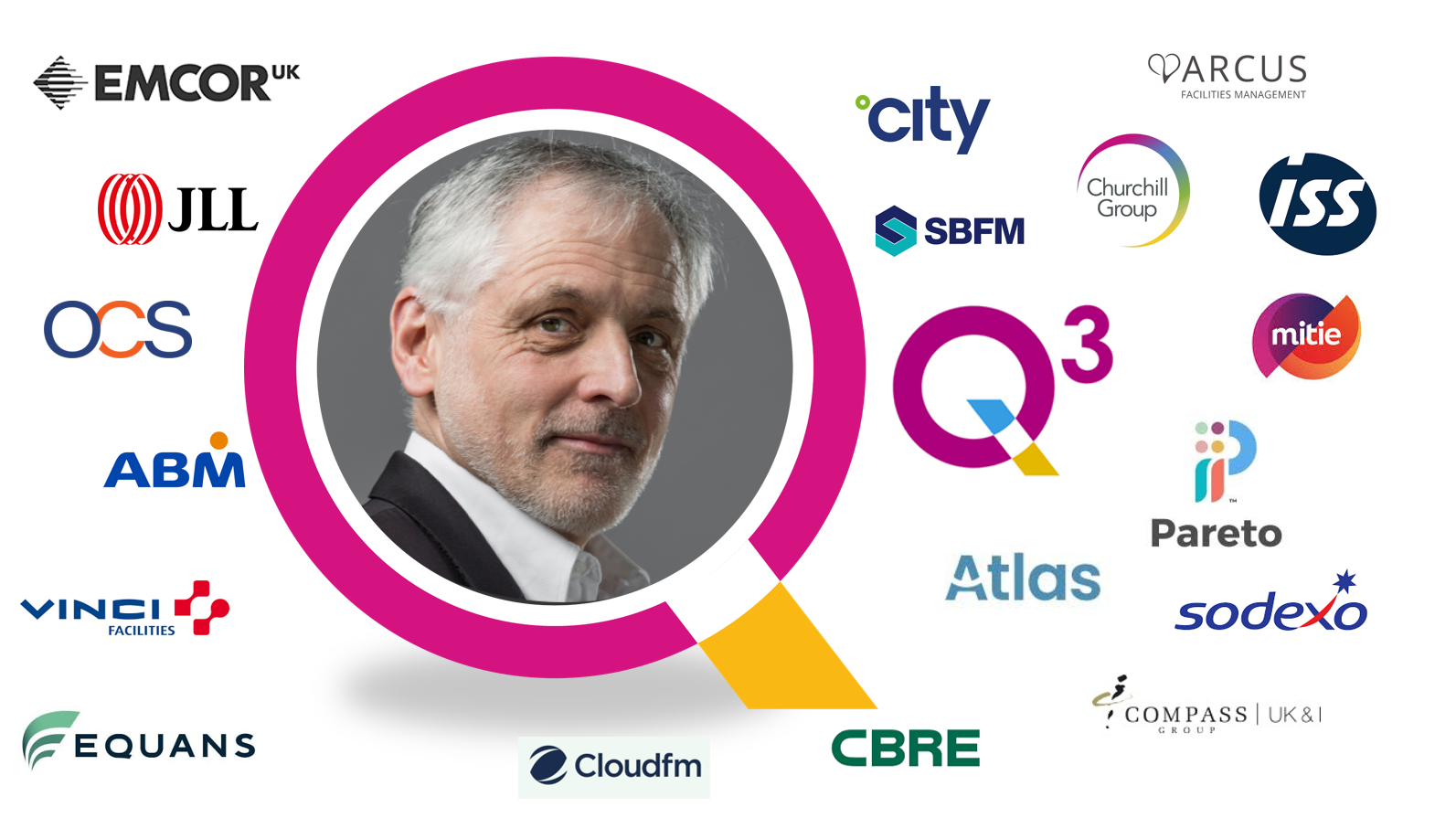
Some musings and reflections on brand and marketing from Ian Adams, marketing manager, Q3 Services.

When I first entered the FM industry at the beginning of the millennium, the landscape looked fundamentally different. Outsourcing was becoming more dominant compared to in-house provision, and the market was populated by specialists coming at integrated FM from different directions – cleaning companies, caterers, property consultants and construction companies were all entering the space in new ways.
Fast forward 25 years, and that differentiation has largely evaporated. Through acquisitions, mergers, and natural evolution, virtually every major player now claims they can deliver the full integrated FM package. The result? A race to the bottom where price becomes the primary differentiator, and margins get squeezed in an increasingly commoditised market.
The marketing blind spot
This transformation coincided with what I believe is one of the industry’s most significant oversights: the persistent undervaluing of marketing and brand. In most FM organisations, marketing often remained relegated to a support function, focused on tactical activities like bid support, brochure production, and event management. It was typically structured under sales directors rather than having board-level representation – a telling indicator of how the sector views its strategic importance.
The numbers speak volumes. Whilst other B2B industries might invest between 2% and 10% of revenue in marketing depending on their market position and growth strategy, I believe nobody in FM exceeds 0.2%. This isn’t just about slimmer margins; it reflects a fundamental misunderstanding of what marketing can achieve in an operations-driven industry.
Beyond visual identity
The confusion often starts with brand itself. Many still view brand as simply a logo, colour palette, or visual identity, the cosmetic layer applied to an otherwise unchanged business. A brand is just a logo and visual identity unless customers and potential customers can attribute some real benefit or value from the product or service that the organisation provides.
The reality is far more profound. A brand is the sum of every service delivery, interaction, impression, and promise delivered. It’s the responsibility of everyone in an FM company to promote the brand every day – not just marketing. We are all responsible because brand value can take a lifetime to create but a few seconds to break.
For an FM business, a brand only becomes strong and powerful when people enjoy an emotional connection with it and there is a level of trust with colleagues, the culture, and values of the business. And it is marketing’s job to ensure that everyone totally gets that.
The power of strategic marketing
The most successful marketing campaign I’ve been involved with demonstrates this principle perfectly. We, developed an Executive Relationship Programme – a series of intimate roundtable dinners hosted by the CEO for senior property directors and FMs from blue-chip organisations. Rather than pushing our services, we focused on the issues keeping these decision-makers awake at night, which we’d identified through prior market research: property downsizing, agile working, integrated service models, energy efficiency, and workplace wellbeing.
This wasn’t about showcasing our cleaning capabilities or maintenance expertise. It was about positioning the business as a thought leader capable of strategic dialogue about the future of work. The programme ran for four years, engaging with around 250 senior executives and generating white papers, industry recognition, and ultimately, measurable contract wins.

B2B Marketing Awards 2015
The people-centric revolution
The subjects we discussed a decade ago – workplace wellbeing, employee experience, agile working, and flexible contract models – have become central to modern FM. The industry’s evolution from building-focused to people-focused service delivery has created new opportunities for brands to differentiate themselves through culture, purpose, and human connection.
At Q3, we’ve built our brand around this principle. Rather than competing on price in a commoditised market, we’ve focused on our unique culture and the collective experience of our leadership team. Our positioning as a small company with big company expertise has resonated precisely because it addresses the trust factor that underlies all successful business relationships.
We’ve deliberately targeted clients who are new to outsourcing, where we can become trusted advisors rather than just service providers. By understanding their challenges and guiding them through the complexities of FM procurement and delivery, we create value that transcends the basic service offering.
The digital opportunity
The transformation from analogue to digital marketing has democratised brand building in ways unimaginable 25 years ago. Where creating and distributing a simple newsletter once took weeks and cost £12,000-£15,000 just to send four sides of A4, today’s digital tools enable rapid, cost-effective content creation and distribution. LinkedIn provides direct access to decision-makers, whilst video content can be produced without expensive three-man crews costing thousands.
However, this accessibility creates its own challenges. The ease of content creation has led to a content snowstorm where everyone from operations directors to individual contributors becomes a self-appointed brand ambassador. Without strategic oversight, this can dilute rather than strengthen brand messaging.
AI turbocharges these capabilities further, enabling even small FM organisations to produce sophisticated marketing materials at scale. But with everyone having access to the same tools, the differentiator becomes authenticity, sincerity, and genuine human connection – qualities that can’t be automated.
The human factor
Ultimately, successful FM marketing returns to a fundamental truth: people buy from people. Despite all our digital capabilities and AI-enhanced tools, the most powerful business development still happens face-to-face, around dinner tables, in meeting rooms where trust can be established through eye contact and genuine conversation.
The challenge for FM marketing is maintaining this human element whilst leveraging digital scale. It’s about creating authentic narratives that demonstrate culture and values in action, building credibility through consistent delivery of promises, and establishing emotional connections that transcend price-based competition.
A Call for Change
As the FM industry continues its evolution from buildings to people, marketing and brand must finally take their place as core drivers of reputation, engagement, and growth. This requires board-level recognition of marketing as a strategic discipline, proper investment in brand building, and recognition that in an increasingly commoditised market, brand differentiation isn’t a luxury – it’s a necessity for survival.
The companies that understand this will find themselves with sustainable competitive advantage. Those that continue treating marketing as a tactical support function will find themselves trapped in the margin-eroding treadmill that has claimed too many casualties in our industry already.
The future belongs to FM companies brave enough to invest in brand, authentic enough to build trust, and strategic enough to use marketing as a growth engine rather than just a support function. The question isn’t whether marketing matters in FM – it’s whether your organisation will recognise this truth before your competitors do.
Here are some more news and opinion articles that may be of interest:
